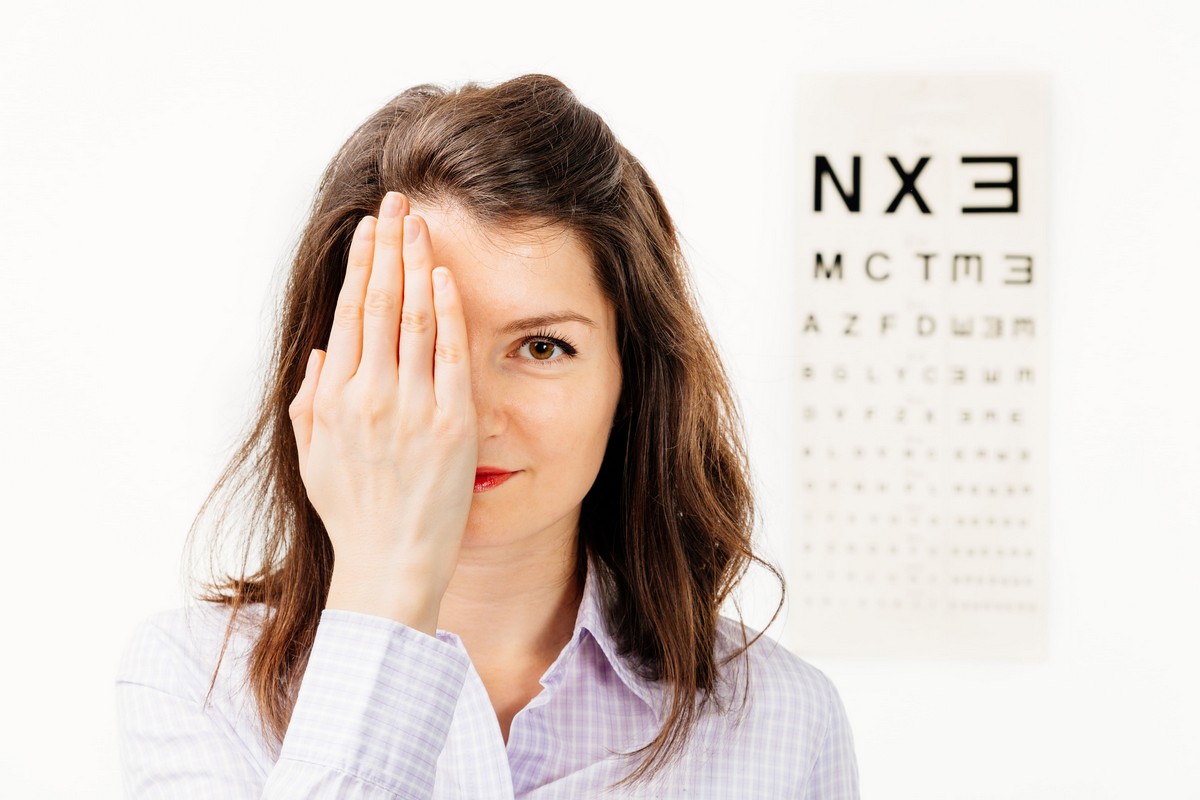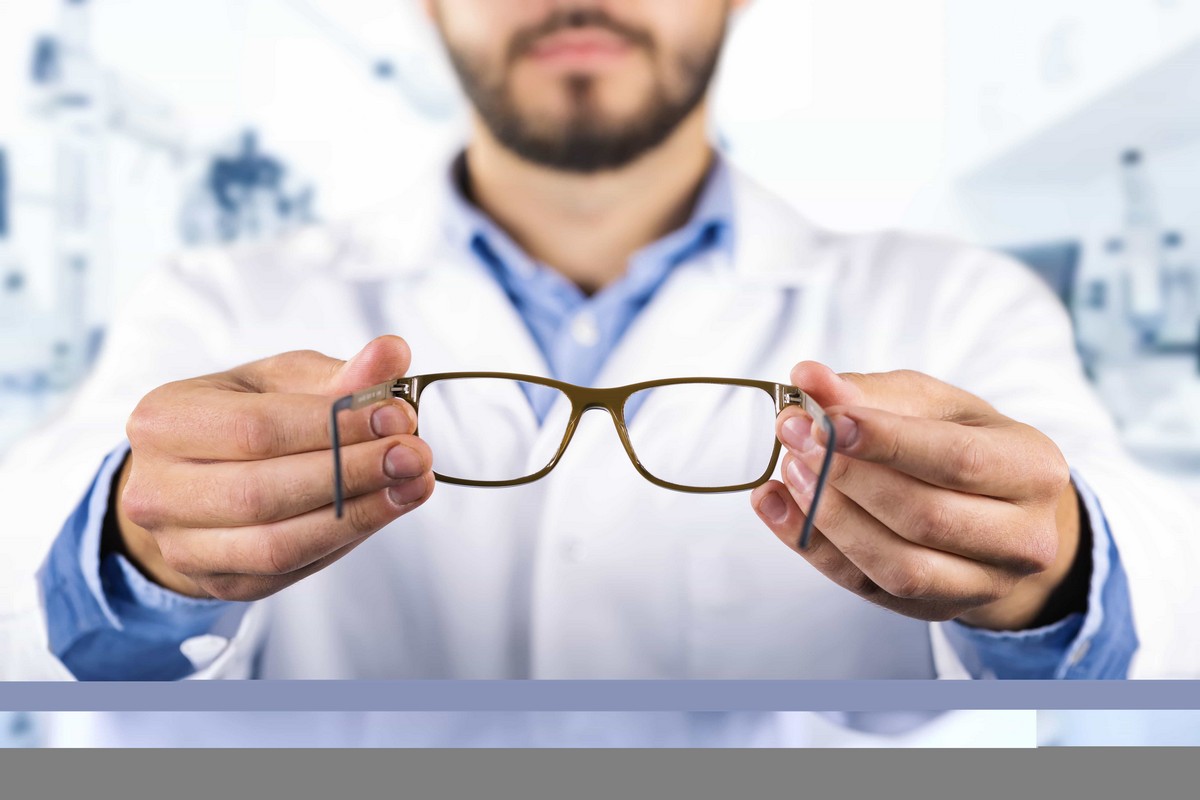How Long Do Contact Prescriptions Last? All You Need to Know

Over 150 million Americans use corrective eyewear to address refractive errors (nearsightedness, farsightedness, astigmatism, etc.). Each of them sees an eye doctor to have their eyes tested and receive a prescription for glasses or contacts or both.
Just like when you buy contacts at a “bricks and mortar” business, when you get your contacts online, the vendor will also ask you for a valid prescription. If you found it in a desk drawer with an old date or even no date on it, you may wonder: how long do contact prescriptions actually last?
It turns out that the answer is complicated, but we'll lay it all out for you here.
Figure out When Your Prescription Expires
If you currently have a valid prescription, it's easy to lose track of time before it changes again. How often your prescription needs to change depends on many factors. These can include your diet, how severe your eye deterioration is and your genes.
Most lens prescriptions expire after a year or two from when you had your last eye exam. Or the date you had your last lens fitting. You'll have to check out how long your prescription lasts in your region, for a better answer.
Look at the FCLCA

In 2004, with very little notice, the U.S. Congress passed a law titled "Fairness to Contact Lens Consumers Act." This law set out a lot of requirements for you as a consumer buying lenses. But, it also covered information about prescriptions. There are three important considerations for how long a contact lens prescription should last.
The first states that it should expire on a date specified by state laws. That means that the state you live in makes a judgment call about how long prescriptions should last. It also states that every prescription is going to last for at least a year, no matter who issues it.
Since your prescription is valid for a year after you get it, you won't need to see your optometrist as often. Rather than having to go to the eye doctor as often as you might go to the dentist, you can visit them once a year or less. This does not take into account any major medical emergencies, or changes in your overall health, of course.
The FCLCA also puts the judgment in the hands of your doctor. If the doctor says that the prescription can last longer because of your good eye health, it's up to them. If they want you to come back in six months because of the potential for vision deterioration, they can do that as well.
Learn How Often Prescriptions Usually Change

Most optometrists and eye doctors recommend that people go for an eye exam once or twice a year. While it's rare for major changes to happen over the course of a year or two, as we age differences may be noticed more often.
Everyone's eyes change at different rates. The doctor who directly examined your eyes is the best one to determine how they are changing. While most people lose strength in their eyes over time, that's not true for everyone. Some people end up being able to see better over time and might need weaker prescriptions.
If most of the people in your family wear glasses, you probably have a hereditary need for continually stronger prescriptions. People with less serious eye problems might wear the same prescription for decades.
Talk to your doctor and even your family members to see what they've experienced. You'll get some valuable perspective for your own situation.
Figure out What to Look For
There are a lot of signs to tell you when it's time for a new prescription and you may even suspect changes to your vision. But you won't know for sure until you go to your optometrist appointment. Ultimately, you might go for your test and find out your current prescription is still good.
Eye doctors usually run a few different tests to see if your vision's changed in any major way. They look at how your eyes respond to different prescriptions. So they'll figure out whether or not you need new glasses or contacts.
If you have trouble with reading or if things look blurry, then it might be time for a new prescription. This usually happens slowly over time. You won't know how blurry things look until you start comparing prescriptions in the eye exam.
The changes you see might be a normal part of aging and are perfectly natural. But in some cases, they're linked to deeper issues. If your doctor finds this is the case, they'll run some other tests to be sure before they diagnose you.
Putting It All Together

So here are the basic facts: your prescription is going to last for a year unless you've got a serious medical issue. If this is the case, your doctor's going to let you know when they find an issue.
If you haven't been informed of any problems, then look to your state laws. They'll be the ones to determine how long your prescription is valid. Often, this depends on lobbying from the medical industry and other laws that determine various regulations.
If your doctor finds that you have really good eyesight, then they have some leeway. They may decide to give you a prescription that lasts as long as they determine it's safe and worthwhile.
Figuring out How Long Contact Prescriptions Last
You'll be surprised at how difficult it can be to find the answer to the question "How long do contact prescriptions last?" Still, prescription validity might last longer than you think. You'll need to do some additional research into state laws before you come up with a concrete idea.
With your valid prescription in hand, check out the full range of contact lenses we carry at LensPure.